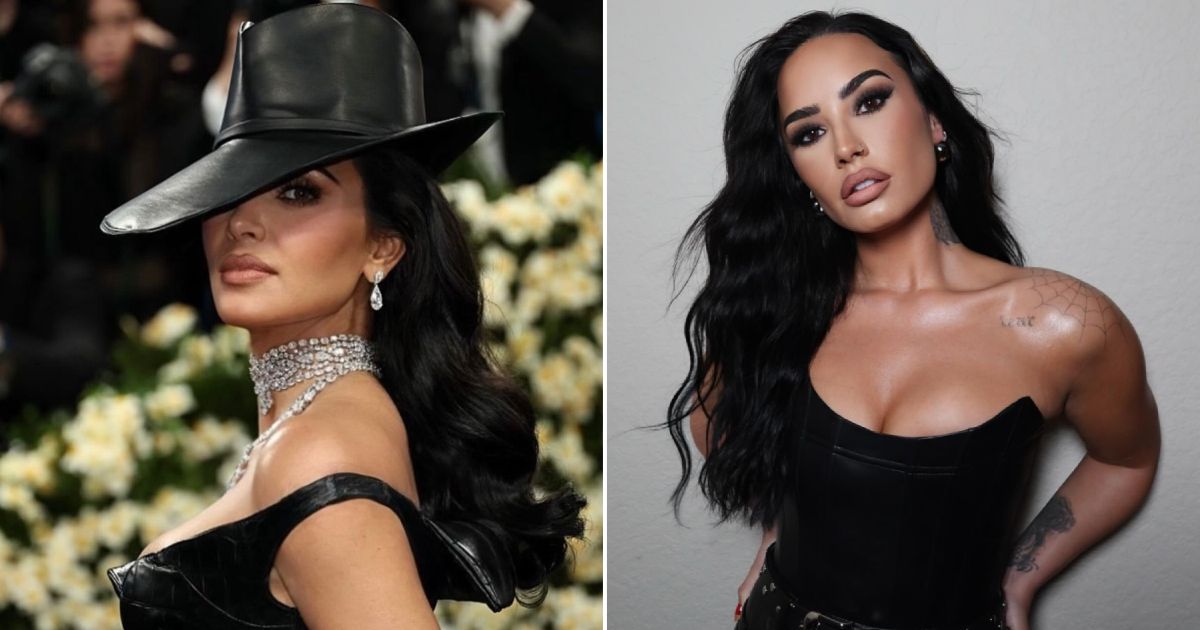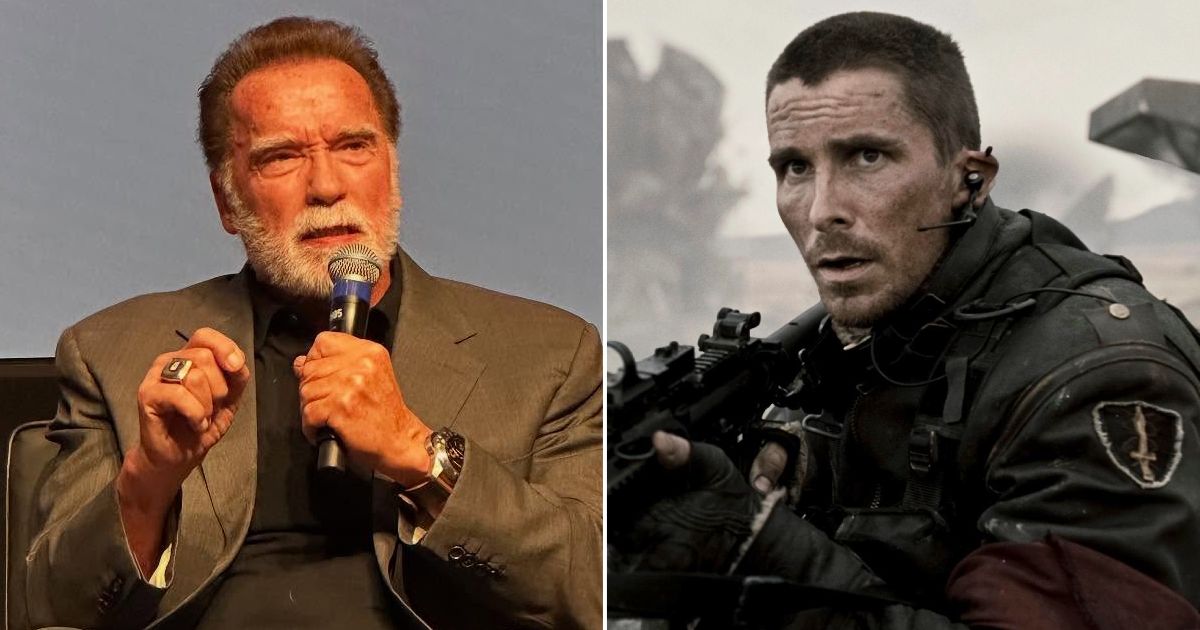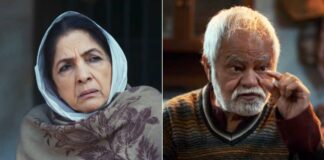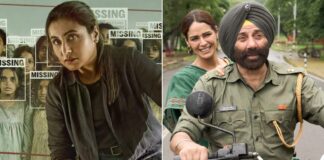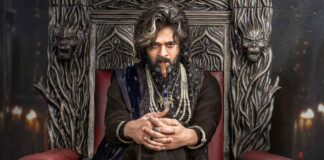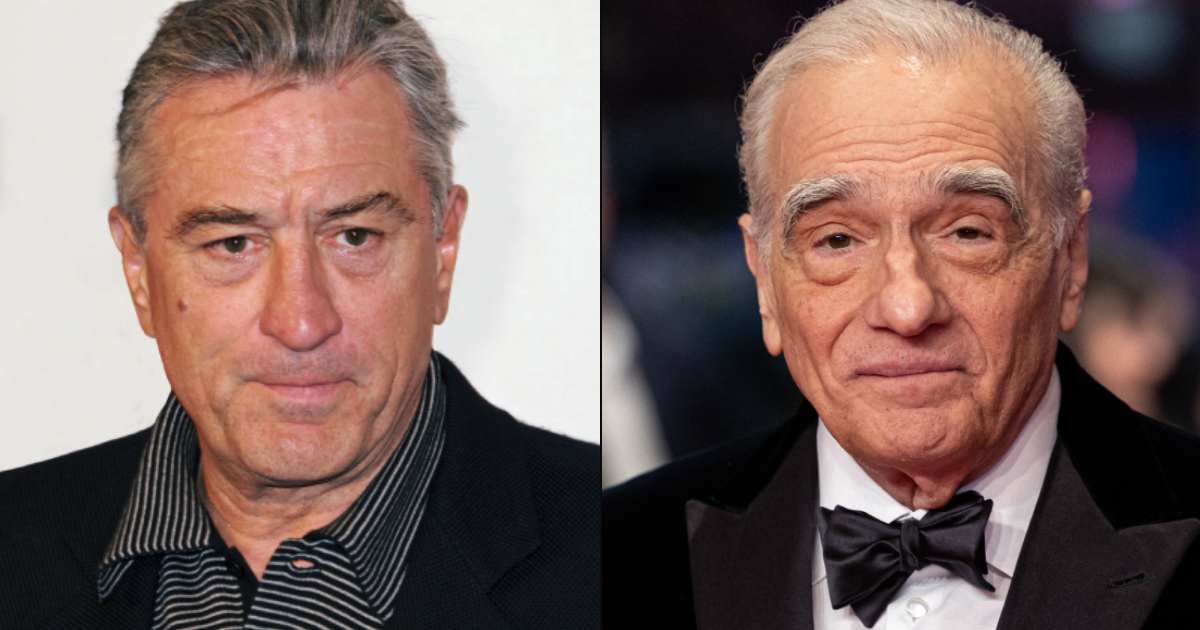
Robert De Niro and Martin Scorsese were just two ambitious artists carving their paths through the gritty underbelly of cinema before they became Hollywood royalty. Their partnership would later redefine American filmmaking, but it all started with a scrappy, low-budget film that nearly slipped through the cracks.
The film in question, Mean Streets, was more than a movie. It served as the birthplace of one of the most iconic actor-director duos in film history. And it might never have happened if Harvey Keitel hadn’t nudged things in the right direction.
Harvey Keitel: The Hidden Catalyst
Back then, Robert De Niro wasn’t yet the powerhouse name. He’d done a few leads, sure, and when Martin Scorsese’s project came around, he thought the role of Charlie made more sense for him. Keitel had already claimed it, though, and during a casual run-in, Keitel gave De Niro the push he needed. He said Johnny Boy was the role, and he was right. It fit De Niro like a beat-up leather jacket.
Trending
In 2012, De Niro told Interview Magazine (via Collider), “I remember when I was up for ‘Mean Streets,’ I ran into Harvey Keitel in the Village — we were friends — and he’d already been cast as Charlie. I had done a couple of leads in movies before, so I said, ‘Well, careerwise, I should be playing Charlie.’ I didn’t say it like a wisea**. I was saying it sincerely, but not in a way that was threatening to him. Then Harvey said, ‘You knew who you should play? Johnny Boy.’ And that clicked. I played Johnny.”
robert de niro, martin scorsese, & harvey keitel on the set of ‘mean streets’ (1973) pic.twitter.com/n6c9OZqDWX
— de niro posting (@deniroposting) February 9, 2024
Robert De Niro & His Portrayal Of Johnny Boy
Johnny Boy is chaos in a red jacket. He struts through New York’s smoke-filled bars, broke and reckless, owing money to just about every mob-connected thug in the neighborhood. He’s that guy who laughs when danger gets too close and throws insults instead of apologies. One of those insults comes in the form of a crumpled ten-dollar bill waved in the face of a sharp-suited loan shark. It’s an act of defiance that sets off a dangerous chain of events, but Johnny doesn’t care. He’s got a gun and not much else.
De Niro plays him with a kind of manic charm that lingers long after the credits roll. You can’t take your eyes off him, even when he’s dragging his only friend, Charlie, deeper into the muck. Charlie sees something in Johnny that no one else does, maybe pity or just a misplaced sense of duty, but whatever it is, it ties him to Johnny and pulls him down alongside him. Their complicated but deeply human relationship gave Mean Streets its raw, magnetic energy and sealed the creative bond between De Niro and Scorsese.
Robert De Niro’s Breakout Performance
The movie exploded De Niro’s career as critics loved him and audiences remembered him. He received an award from the National Society of Film Critics and never looked back. He would go on to play mobsters with deeper layers and colder eyes, from Jimmy Conway in Goodfellas to Ace Rothstein in Casino. But it all traces back to Johnny Boy, that loud, unpredictable firecracker in Mean Streets.
It’s funny how careers are born not from careful planning, but from chance encounters and humble roles. Harvey Keitel may not have known it at the time, but pointing Robert De Niro toward Johnny Boy helped light a fuse that would burn for decades. And Martin Scorsese, watching it all unfold behind the camera, found in De Niro not just an actor but a lifelong collaborator.
Advertisement
For more such stories, check out Hollywood News
Follow Us: Facebook | Instagram | Twitter | YouTube | Google News




